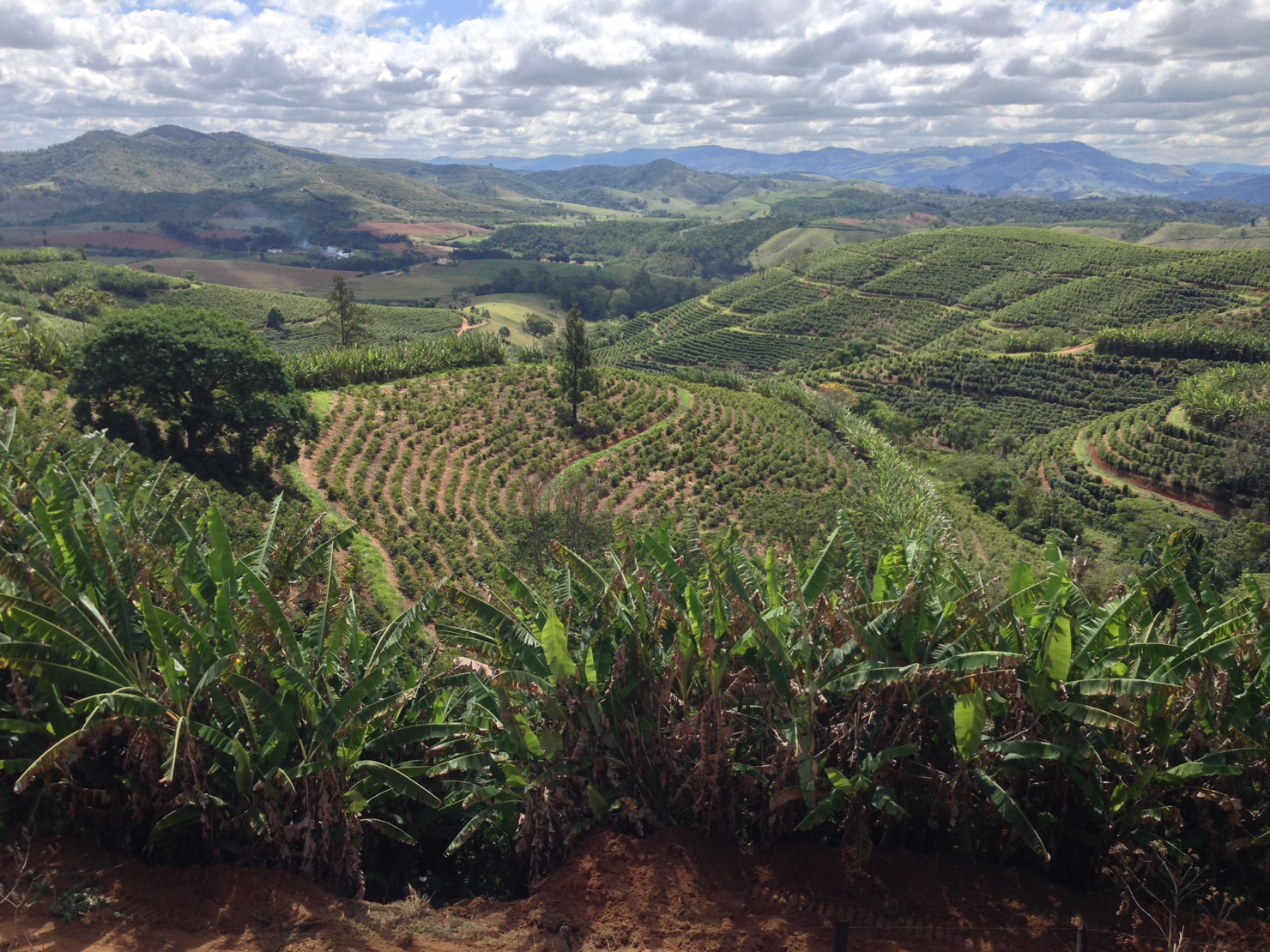
Over the past month, we’ve brought you voices from across the coffee industry to tell their stories of how COVID-19 is affecting them. From consumers to exporters, baristas to coffee buyers, roasters and cafe owners, we’ve heard an array of perspectives from the global supply chain on how the pandemic has changed life as they know it. We’ve also heard from producers about the effects of COVID-19, though these responses have been indirect—coming via importers and exporters—or simply not in numbers large enough to glean a better picture the crunch this sector of the industry is currently experiencing.
New reporting from one American importing firm, Caravela Coffee, helps bridge that gap. Using their network throughout Central America, the coffee importer surveyed over 500 producers about how the pandemic—and preventative measurements put in place by their governments—have affected their livelihoods. Over the course of the quick three-question survey, these respondents help provide a clearer pictures of the difficulties producers are facing as well as how they change from country to country.
Conducted between April 18th and 24th, the poll garnered responses from a sum total of 527 producers—379 in Colombia, 100 in Peru, and 48 in Ecuador—all of whom “have plans to deliver coffee this harvest.” For the first question, “What are the main issues you believe you will face this harvest?”, the majority of the responses from producers in Colombia and Peru—61.2% and 46%, respectively—lack of labor was the largest concern. In Ecuador, road closures posed the largest threat at 41.7%. Lack of money was also a big factor for farmers in Ecuador and Peru primarily, coming in at 37.5% and 27%, respectively.
To overcome the lack of labor, Colombia and Peru are relying heavily on community and family labor—34.3% and 35.1% in Colombia and 22% and 56% in Peru—as their primary strategies of dealing with the effects of COVID-19, per the survey. Overall, the majority of those who responded in all three countries expect to lose at least some of their harvest. Most expect to lose 10% or less of their crop, from 46% of the respondents in Peru all the way up to 72.9% of those in Ecuador. The percentages of those who don’t expect to lose anything range from 12.1% to 20.8%.
These results shine a light not simply on how the virus is affecting countries differently but also “[highlights] the structural issues that each country faces.” Labor issues, for instance, seem to more greatly impact producers in Colombia and Peru, who have on average larger farms—3.5 and 3.2 hectares, respectively—than that of the 2.56 hectare average in Ecuador. Larger farms require more labor, which may not be readily available with many countries shutting down their borders, limiting the migrant workforce. Caravela goes onto note that it is perhaps this labor shortage that is leading to the crop loss.
In Ecuador, the problem is infrastructure:
Ecuadorian coffee growers seem significantly more worried than their neighbors about roads being blocked to prevent the spread of the virus into smaller communities. This response highlights the fact that the coffee industry in Ecuador lacks the type of solid coffee–buying infrastructure present in Colombia and Peru, where there is ample competition for parchment, and purchasing stations located in almost every coffee community, as well as different types of actors, both private companies and cooperatives.
These results jibe with other surveys we’ve conducted in other parts of the supply chain; the effects of COVID-19 are not a monolith. They differ from country to country, region to region, even person to person. It’s the one constant we’ve seen in all this: there is no one-size-fits-all impact or response. Trends begin to emerge, but as we’ve seen before, the results hardly pull overwhelmingly in a single direction.
For more information about the survey or to see the full results, visit Caravela Coffee’s official website.
Zac Cadwalader is the managing editor at Sprudge Media Network and a staff writer based in Dallas. Read more Zac Cadwalader on Sprudge.

